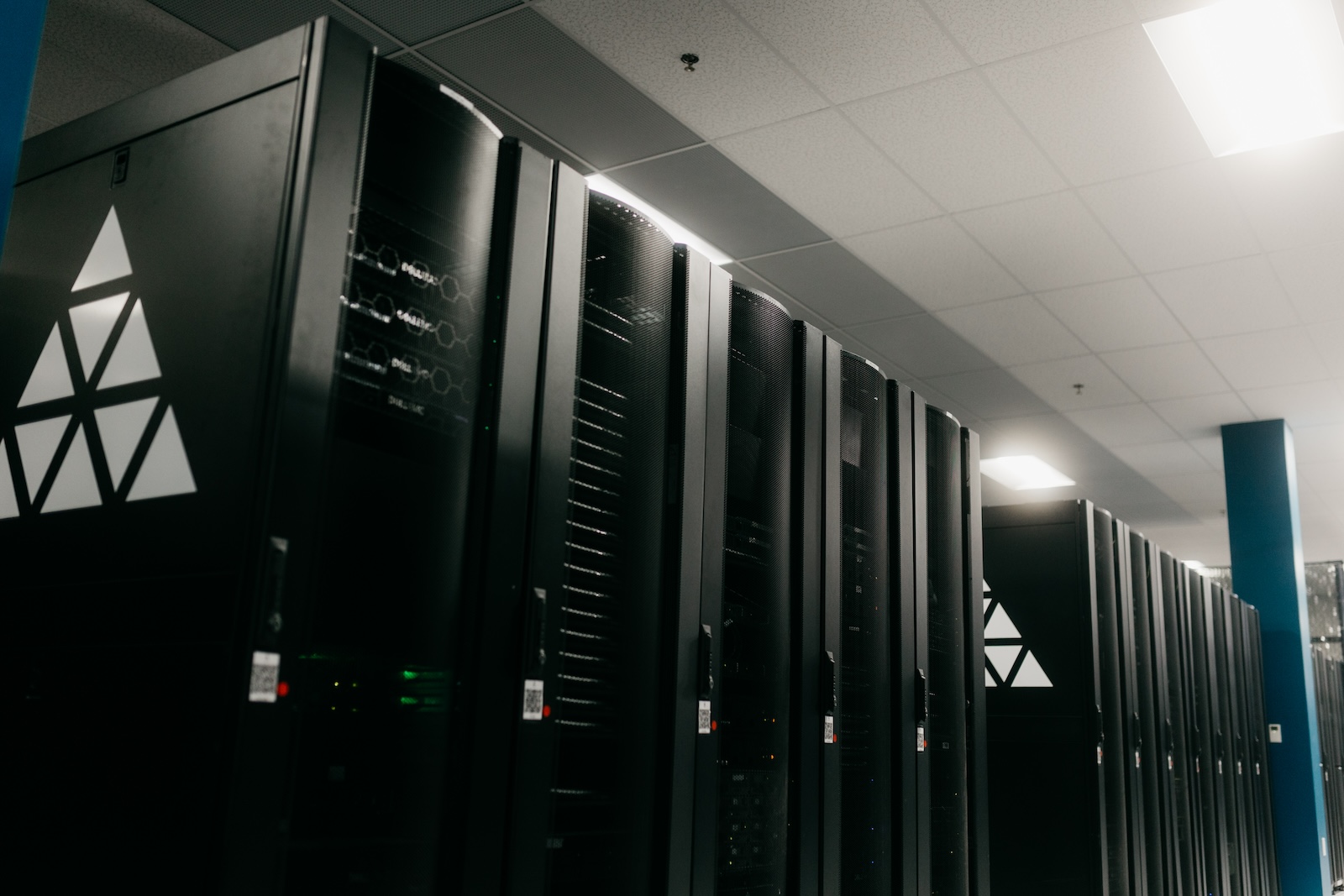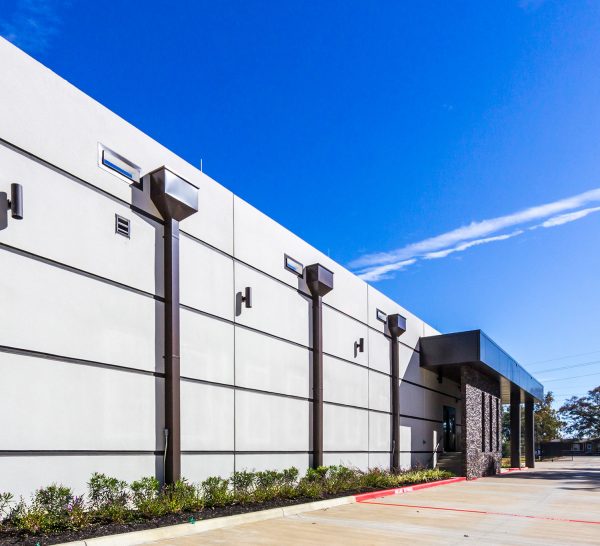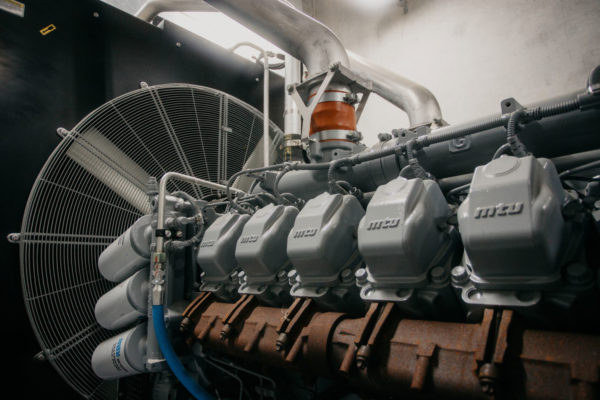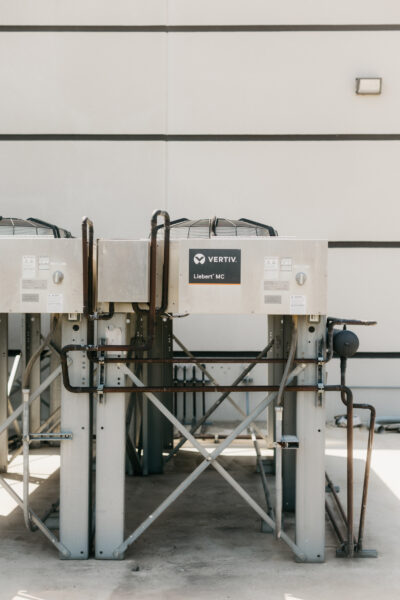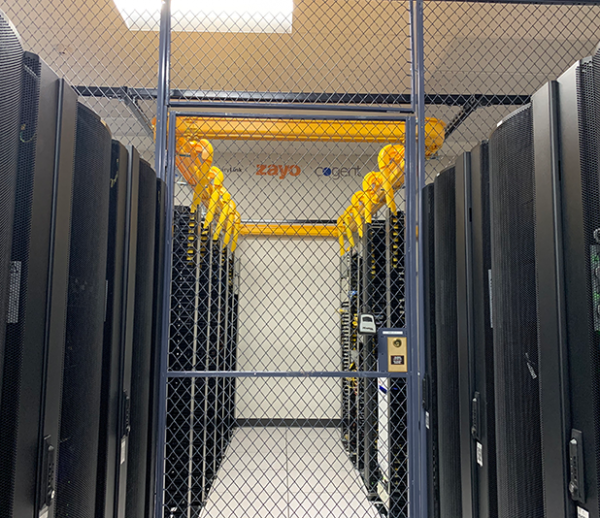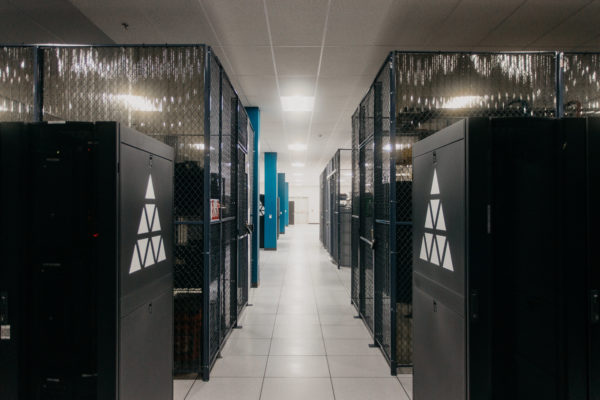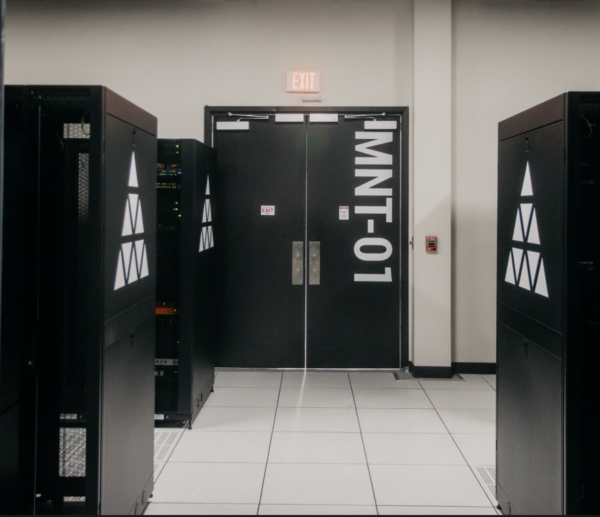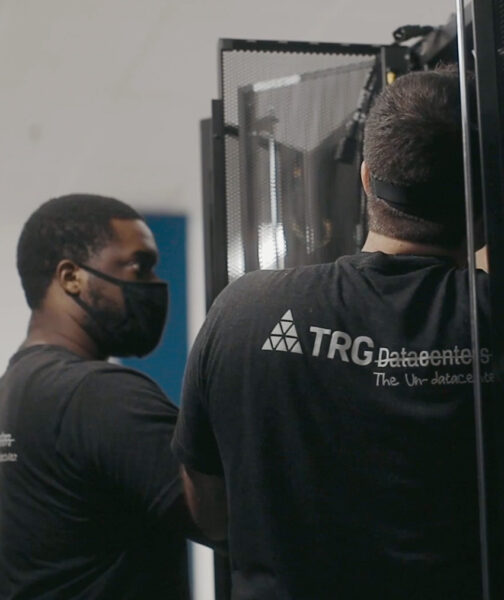If you’re looking to future-proof your connectivity, dark fiber could be just the thing you need. These fiber optic cables can be used to create networks, providing an unparalleled level of control for businesses as demand grows.
Dark fiber cables are unused cables laid underground. Thousands of miles of these unused cables are laid under the ground all over the US. They’re known as dark fiber simply because they don’t currently have any light pulses running through them.
These cables aren’t being used for existing services and have no traffic on them, so they can be taken advantage of.
What is Dark Fiber?
Dark fiber refers to pre-installed, unused fiber optic cables that businesses can lease or own to build private, high-capacity networks. These networks offer unmatched speed, control, and security compared to traditional internet connections.
Unused fiber optic cables can now be hired out from network or service providers. It is a practice that’s rapidly growing in popularity, as increasing numbers of businesses begin to recognise the potential of using unused cables in this way.
There are many miles of cables laying unused underground, simply because companies tend to overestimate the amount of supplies and cables needed to complete initial projects. This overestimation is of course deliberate, as companies are looking to avoid an overgrowth of data in the future.
Recent advances in technology have made it possible for dark fiber cables to be put to use, with optical fiber networks making use of this additional cabling. As a result, these cables, which had previously been surplus to requirements, can perform a new and hugely valuable function.
The Benefits of Using Dark Fiber
Dark fiber gives a great level of control over your network. But that’s not the only reason to use it. Making use of previously unused fiber cables can give businesses the edge when it comes to speed, reliability and scalability too. Let’s take a look at some of the key benefits of dark fiber in more detail.
Customisation
When businesses use dark fiber, they have a far greater level of control. And that’s great news in terms of customisation options.
Dark fiber allows businesses to choose their own networking equipment, with protocols and specifications chosen by their own team.
Scalability
Dark fiber gives companies the opportunity to scale as and when demand grows. Both bandwidth and transmission speeds can be increased in line with growth plans, so there’s no chance of companies being limited by bandwidth restrictions when business is booming.
With dark fiber, bandwidth is truly unlimited. Companies can increase capacity to upgrade equipment when needed, with no concerns about incurring extra fees or facing service provider delays.
Reduced latency
A dark fiber network provides total control over latency. Because companies have to purchase and install transmission equipment to run these networks, they have the opportunity to connect points directly, reducing latency by a considerable margin.
This reduced latency is great news for companies that rely on lightning fast data transfers. It’s also hugely beneficial in data centers that might need to communicate quickly.
The speed of dark fiber is controlled by the owner of the lease, so companies using dark fiber no longer need to worry about competing with others for bandwidth.
Reliability
Dark fiber provides significant advantages in terms of reliability, something that’s hugely important for today’s businesses as they fight to provide a better customer experience than that of their competitors.
With dark fiber, network redundancy can be built in at any early stage to improve resilience. There are no external network providers, so faults can be immediately resolved by in-house teams without the need to wait for troubleshooting processes.
Value for money
Dark fiber is by no means a cheap option. However, it does come with considerable affordability benefits when you consider the running costs long-term.
With traditional ISP options, businesses will of course have increasing fees for the same level of service. It’s often therefore beneficial from a cost perspective to invest in dark fiber initially. If a company has a significant amount of data to transfer, the cost savings are even greater.
Security
Dark fiber networks are privately owned and operated. This means that data being transmitted via dark fiber cables cannot be tracked or recorded by any malicious organizations.
If a business is transmitting sensitive data via its network, dark fiber provides a means of doing so safely and securely. And of course, encryption can still be used to provide an extra level of protection.
Is Dark Fiber Right for Your Business?
Dark fiber can be transformative, but it’s not for everyone. It’s best suited to businesses and institutions that demand high bandwidth, low latency, and uncompromising data security.
For example, financial firms executing high-frequency trades, hospitals transmitting large imaging files, or universities managing enormous research datasets all rely on performance that public networks can’t always deliver.
If your operations require consistent, high-speed data transmission across multiple locations or if you foresee rapid growth in data use, dark fiber allows your infrastructure to scale with you.
With full control over network architecture, you can future-proof your business while avoiding the bandwidth limitations and unpredictable pricing structures of traditional ISPs.
How Does Dark Fiber Compare to Lit Fiber?
The key difference lies in ownership and control. Lit fiber is a managed service—your provider handles the network, and you pay for bandwidth usage.
It’s plug-and-play, but comes with fixed speeds, limited flexibility, and shared infrastructure. Dark fiber, on the other hand, is a physical asset you control. You light it with your own equipment, customize it to your specific needs, and benefit from near-unlimited scalability.
While the initial investment in dark fiber is higher, it pays off in performance, privacy, and long-term cost-efficiency. Companies that want to avoid bandwidth throttling, reduce latency, or build secure connections between offices or data centers often find dark fiber to be the superior strategic choice.
Dark Fiber and Data Centers
Many data centers worldwide rely on dark fiber to provide standout service to their customers. We’ve discussed the benefits of dark fiber, and these benefits also apply to data centers themselves.
Data centers often opt for dark fiber to avoid installation costs, as these cables have already been laid. Dark fiber is also hugely advantageous when it comes to speed, something that data centers prioritize on behalf of their customers.
A huge proportion of data centers opt for dark fiber for the redundancy benefits it provides, too. Dark fiber provides an additional layer of redundancy, which can prove invaluable if disaster strikes, whether that be a natural disaster or an accident.
It plays a critical role in disaster recovery, ensuring interchange continuity by enabling high-speed failover connections between primary and backup sites.
The Future of Dark Fiber
The future looks bright for dark fiber. But like anything, it’s not perfect. There are disadvantages to using dark fiber, and it does come at a cost.
Before you explore the world of dark fiber, make sure you investigate availability in your area. Some areas do not yet have dark fiber capabilities, so it’s always worth investigating whether or not it’s an option for your business before you invest too much time and money.
Dark fiber can and does go wrong, so consider maintenance and repairs too. Technicians don’t always know the ins and outs of every dark fiber problem, and the cost implications of major repairs can be prohibitive for some companies.
Despite these disadvantages, though, the reliability of dark fiber remains a huge draw, as do the scalable bandwidth opportunities it provides. If you’re considering investing in dark fiber for your company, talk to our team for more advice and information.
Learn More About Dark Fiber
Looking to harness the power of dark fiber for your organization?
At TRG Datacenters, we offer dark fiber solutions engineered for speed, reliability, and future scalability. Whether you’re upgrading your network or building a custom infrastructure, our experts are here to help you unlock the full potential of dark fiber.
Contact us today to explore tailored connectivity solutions for your data-driven future.s, though, the reliability of dark fiber remains a huge draw, as do the scalable bandwidth opportunities it provides. If you’re considering investing in dark fiber for your company, talk to our team for more advice and information.
